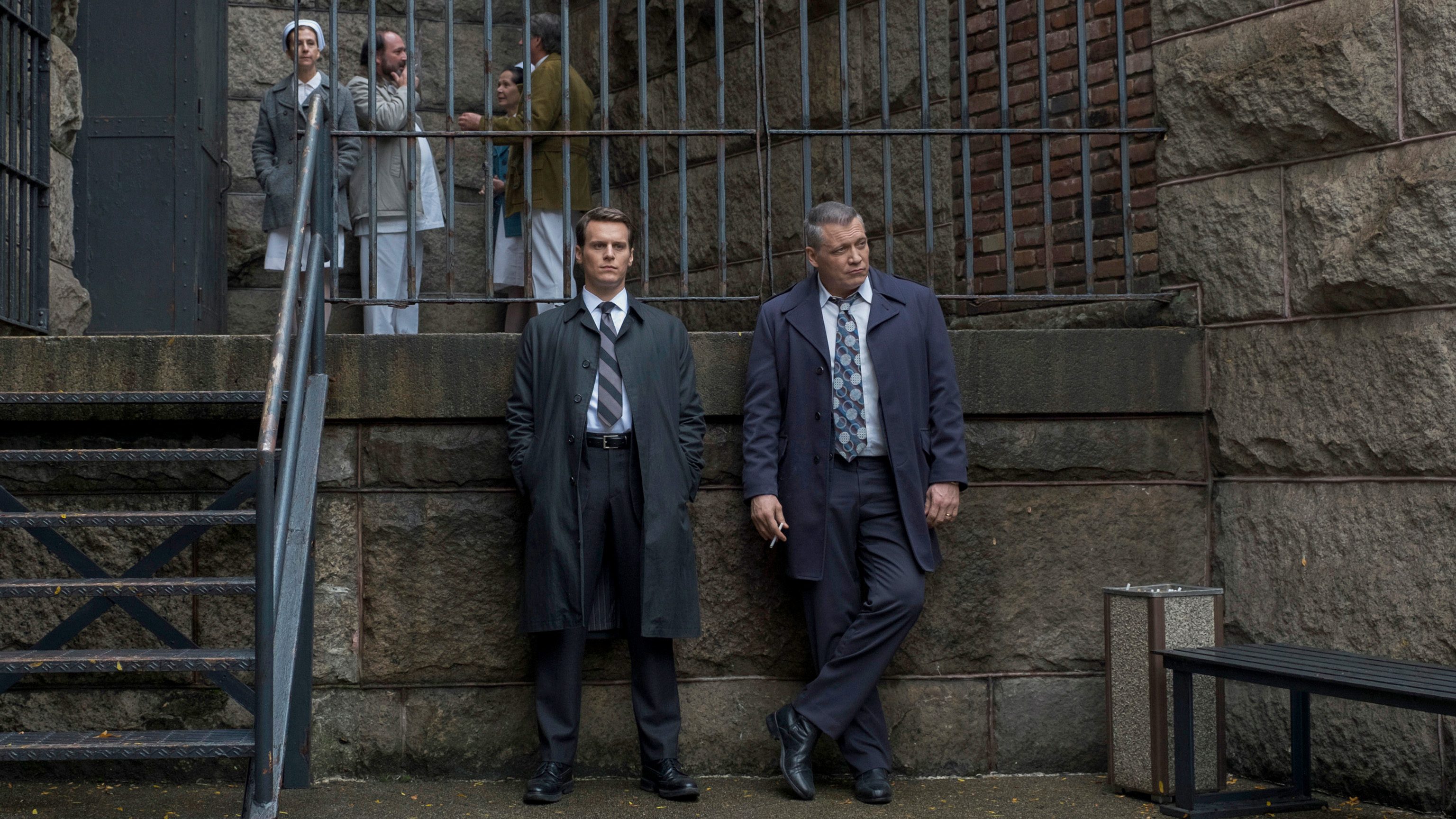On June 20, city of Los Angeles officials controversially granted a 5-year extension to its contract with FilmLA, the organization that handles the film and television permitting process for the city. The grassroots organization Stay in LA — which formed in January to help advocate for increased production in L.A. — was not in favor of a long-term agreement, instead pushing for a shorter extension and negotiating what it believes are much needed reforms to the permitting process. In the struggle to boost industry activity within the city, cutting red tape required to shoot in Los Angeles has been a focus of Stay in LA, which it says includes unnecessary fees, logistical hurdles, and inconsistent safety regulations.
Dozens of film and television professionals, all a part of the organization, appeared at the meeting in an attempt to get the city to consider a review of the process.
“Today, in spite of the legal obstacles presented in making amendments to FilmLA’s contract renewal, I am reminded that without public engagement, policies are accepted without challenge or question and when we collectively shine the light at the cracks that result in the joblessness or under-employment our L.A. production and creative community at large faces, we make progress toward change,” freelance commercial producer Marie Dunaway said in a statement to IndieWire. “That’s what showing out today did and stakeholders, union leaders, government, and non-government entities are on notice that all eyes are on watch in how things play out moving forward.”
Councilmember Adrin Nazarian released a statement following the meeting, saying that L.A. officials were faced with “two unacceptable choices” — either renewing the FilmLA contract or letting the program lapse entirely, which would have left L.A. with no permitting authority at all. “Such a lapse in permitting would put a hold on all production in the city, doing irreparable damage to an industry that is already in crisis,” Nazarian said. “I have received FilmLA’s commitment to modifying the contract within their first year and I intend to come back with recommendations for potential amendments.”
The Los Angeles City Council has previously made moves aimed at cutting permitting red tape, with support from Mayor Karen Bass — who directed the city to make the process easier just last month.
“Keeping entertainment production in L.A. means keeping good-paying jobs in L.A., and that’s what we are fighting for,” Bass said in May. “I am taking action alongside Councilmember Adrin Nazarian to make sure L.A. is always the best place for film and TV production while we continue to champion making California’s production tax credit more powerful. Hard working people across Los Angeles are counting on us.”
But Stay in LA members are not content to just trust that the changes will be made.
“The permitting system works for the few,” Stay in LA co-founder Pamela Buzick Kim said to IndieWire. “The industry is in need of dire changes now. L.A. needs to become the easiest place to shoot. That’s it. Bottom line. Easing the permitting process and prices is only one of the things that needs to shift. We need L.A. cities, town councils, and neighbors to welcome production.”
Of course, the city of Los Angeles is but one component in the fight to increase production throughout what the collective culture thinks of as Hollywood. Many of the most famous studios are actually based in other municipalities within Los Angeles County. Sony is in Culver City, for instance, and Warner Bros. is in Burbank. On June 23, the city of West Hollywood — which contains the historic studio facility The Lot, as well as popular locations like the famed Sunset Strip — will review an item aimed at helping local production.
“West Hollywood is proud to reaffirm its commitment to being a film-friendly city,” West Hollywood Councilmember Danny Hang told IndieWire. “We’ve got a streamlined permit process, competitive incentives for low-impact shoots, and a film office that acts like a concierge for productions. The city’s film office provides comprehensive, responsive support for productions of all sizes, helping to attract high profile projects like ‘Daisy Jones & the Six,’ ‘Hacks,’ ‘Vanderpump Rules,’ and ‘Selling Sunset.’ We’re also partnering with industry leaders and backing state legislation to keep filming local. Whether it’s TV, film, or streaming, WeHo is ready for lights, camera, and action.”
The bigger fight for increased production in the county that largely defined the motion picture and television industries, however, is in the California state legislature. Currently, just about $330 million in production tax credits is doled out annually, a figure that was a big help 16 years ago when it was first instituted, but has since been outpaced by the generous tax breaks available in other states, particularly Georgia, which has no cap on film and television tax incentives.
A proposal presented by Gov. Gavin Newsom last year raises the the cap to $750 million annually. A version of Newsom’s proposal passed the state houses with many incentives, including an increase in tax credit percentages from 20% to 35%, but the exact figure of $750 million was not specified. Stay in LA said this needs “to be added and enacted to the ‘budget trailer’ bill by July 1.” Several prominent Hollywood power players, including director Patty Jenkins and writer/producer Jonathan Nolan, traveled to the state’s capital city this month to advocate not only for the increased tax incentives to be passed, but for them to be implemented as soon as possible.
“The studios don’t care where they do the work. They’ll do it anywhere,” State Sen. Ben Allen said a film and TV town industry town hall in April. “They’re still producing incredible shows and films, they’re just doing it elsewhere, and what a lot of our colleagues don’t understand is that this is a middle class, working class problem. The studio heads are going to bed in Bel Air no matter what.”
“The thousands of Angelenos who rely on the film and television industry for their livelihood will be watching carefully,” Nazarian said following the June 20 Los Angeles city meeting.



